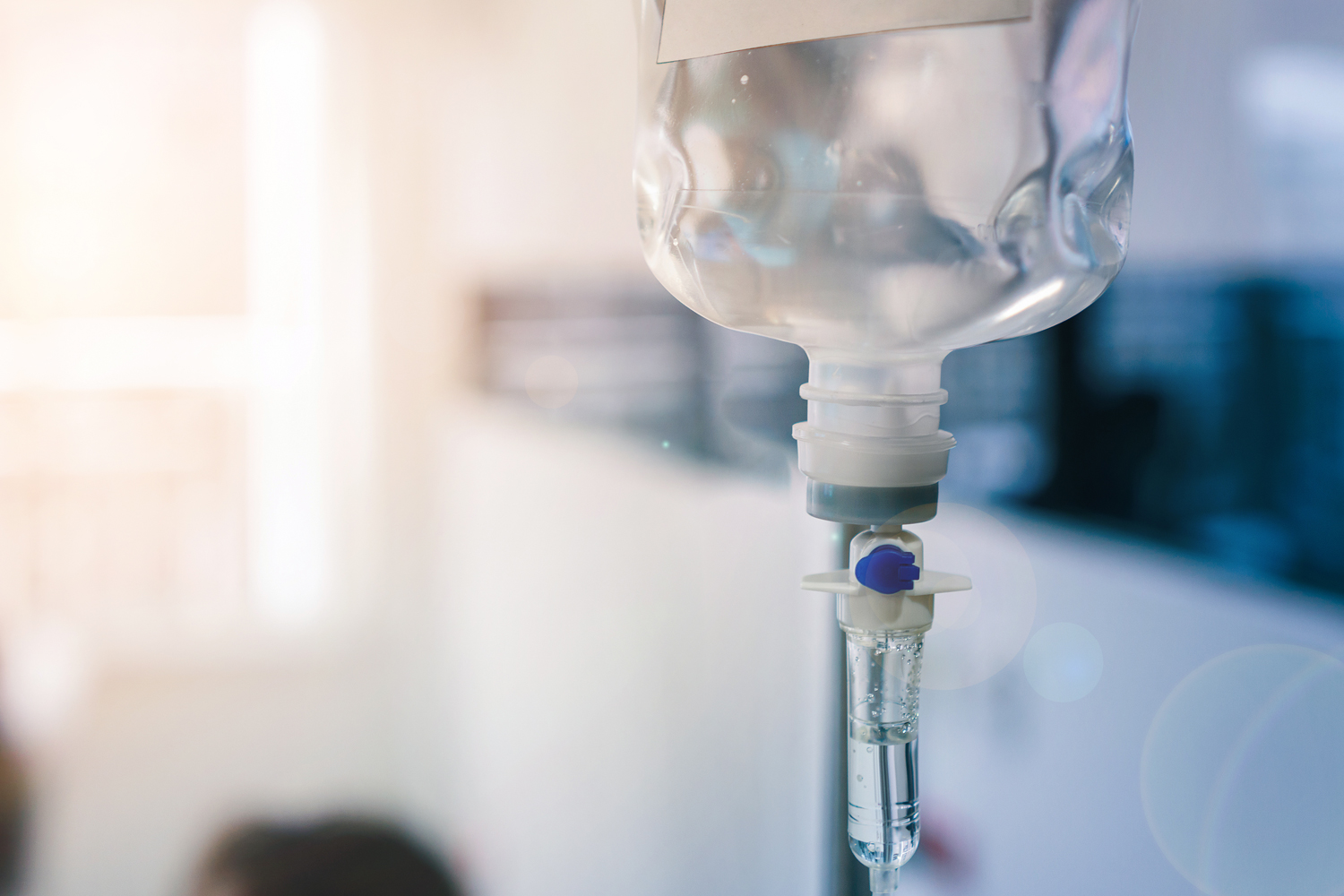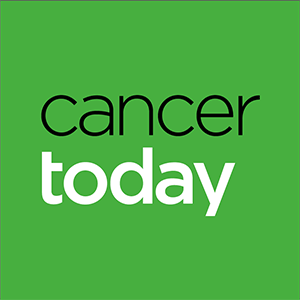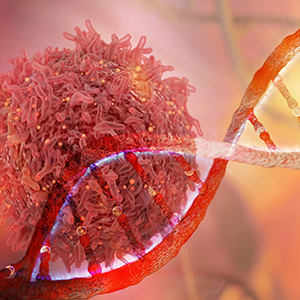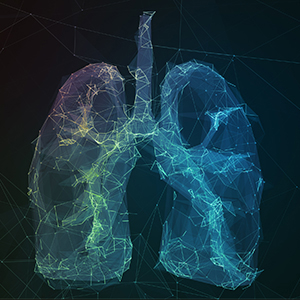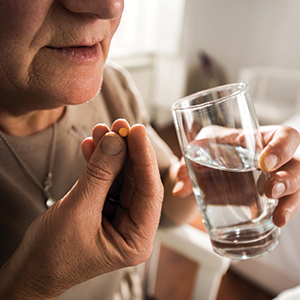-
Revised Prostate Cancer Screening Guidelines Proposed
The U.S. Preventive Services Task Force suggests an individualized approach to prostate cancer screening.
-
Survivor Profile
Putting Her Armor OnAn acute myeloid leukemia survivor and former TV news reporter finds a new reason to help others improve their health.
by Jennifer Walker
-
Forward Look
Advances in Treating Non–Small Cell Lung CancerExpanded approvals in 2016 increase options.
by Jennifer L.W. Fink
-
Yesterday & Today
TV’s Family ManMichael Landon, best known for his roles on Little House on the Prairie and Bonanza, created and starred in programs that portrayed family values with authenticity and humor.
by Marci A. Landsmann
-
But I Already Have Cancer
For a patient with advanced cancer, how important is screening for other types of cancer?
by Ide Mills
-
Forward Look
Little Consensus on Ovarian Cancer MonitoringTests and scans may be overused.
by Kate Yandell
-
Survivor Profile
Going Full BoreSusan Leighton, a 19-year survivor, is a powerful advocate for ovarian cancer research. Her advocacy, which began locally in northern Alabama, has reached the National Cancer Institute and the Department of Defense.
by Sue Rochman
-
Forward Look
Longer Treatment May Benefit Some Breast Cancer PatientsTen years of hormone therapy studied.
by Sue Rochman
-
Forward Look
No Link Found Between IVF and Breast Cancer RiskStudy findings will reassure many families.
by Cameron Walker
Cancer Talk
Treatment Combination Improves Survival in EGFR-positive Lung Cancer
Adding chemotherapy to targeted therapy improves outcomes for people with advanced EGFR-positive non-small cell lung cancer.
by Sandra Gordon
Lessons From 20 Years Living With CancerMultiple myeloma survivor Jonathan Gluck reflects on uncertainty, and the scientific progress that has kept him living with cancer for more than two decades.
by Eric Fitzsimmons
The Enduring Importance of Cancer Disparities ResearchOpening session from AACR conference highlights how perseverance and adversity have informed cancer disparities research over the years.
by Eric Fitzsimmons
Most Cancer Survivors Don’t Meet Healthy Diet GoalsDespite research linking fruits and vegetables to cancer survival, many people do not change their eating habits after diagnosis.
by Darlene Dobkowski

